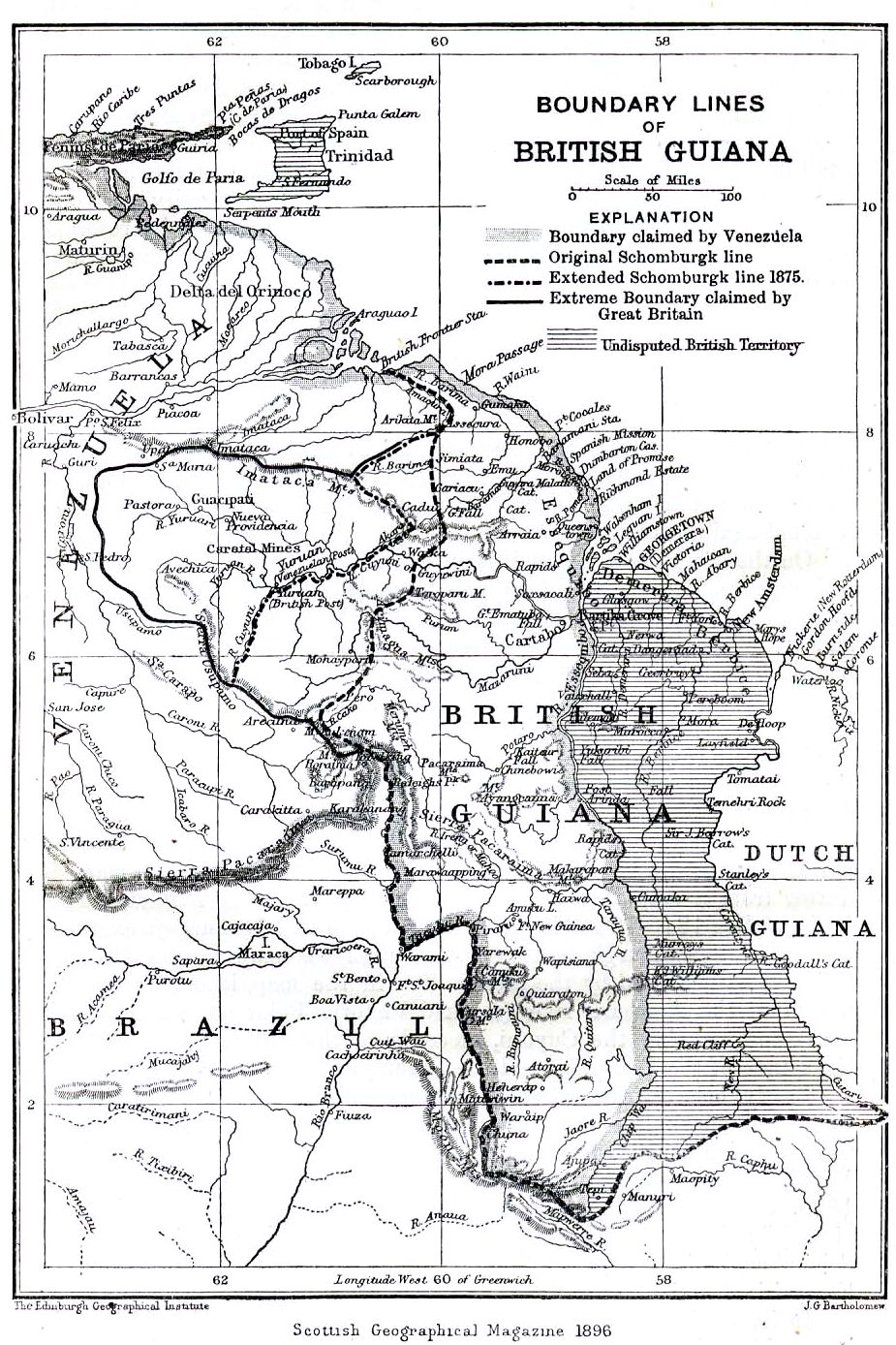
Despite the rain, hundreds of people turned out in Seongju County on September 4 for a candlelight vigil for the 54th night in a row. Their message is clear: no to the United StatesвҖҷ planned deployment of the THAAD missile defence system, not in Seongju or anywhere in South Korea.


 Photo: Albaciudad.org.
The Venezuelan Supreme Court unanimously ruled on April 11 that a controversial вҖңamnesty lawвҖқ passed by the country's right-wing opposition-controlled parliament is unconstitutional, Venezuela Analysis said the next day.
Photo: Albaciudad.org.
The Venezuelan Supreme Court unanimously ruled on April 11 that a controversial вҖңamnesty lawвҖқ passed by the country's right-wing opposition-controlled parliament is unconstitutional, Venezuela Analysis said the next day.

 It all began in 1835 when the British Empire sent a German-born naturalist and explorer to conduct geographical research in the South American territory it had colonised and named British Guiana.
In the course of his explorations, a map was drawn that well-exceeded the original western boundary first occupied by the Dutch and later passed to British control.
It all began in 1835 when the British Empire sent a German-born naturalist and explorer to conduct geographical research in the South American territory it had colonised and named British Guiana.
In the course of his explorations, a map was drawn that well-exceeded the original western boundary first occupied by the Dutch and later passed to British control.


 Venezuela's president, Nicolas Maduro, speaks to the National Assembly in Caracas about the Guyana border dispute. Photo: AVN.
Venezuelan President Nicolas Maduro says the giant oil company Exxon-Mobil and other oil lobbies have been working to undermine his nation's relations with the Caribbean, especially neighbouring Guyana.
Venezuela's president, Nicolas Maduro, speaks to the National Assembly in Caracas about the Guyana border dispute. Photo: AVN.
Venezuelan President Nicolas Maduro says the giant oil company Exxon-Mobil and other oil lobbies have been working to undermine his nation's relations with the Caribbean, especially neighbouring Guyana.
